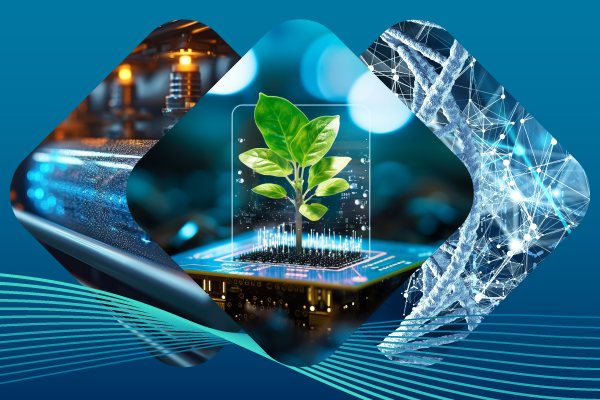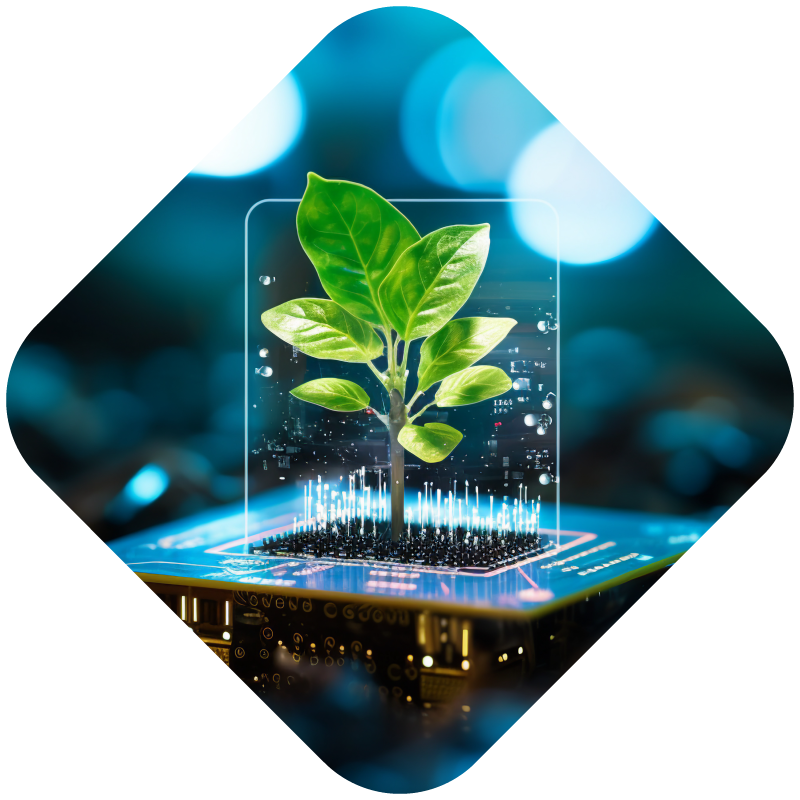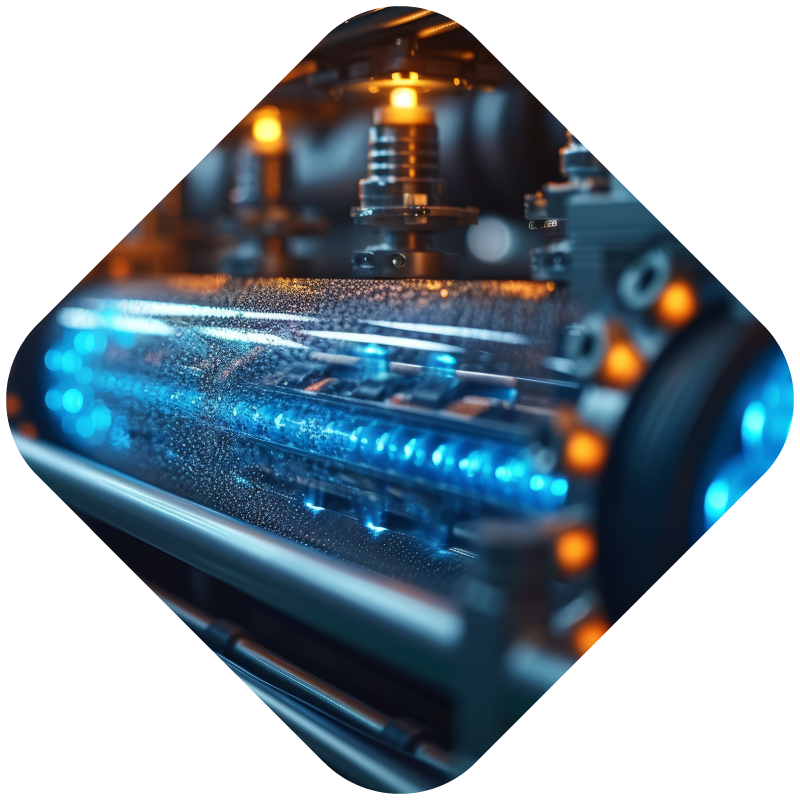
The focus of STEP will be on projects in the development and manufacturing stages. Calls for proposals aimed at STEP investment areas will be initiated through the 11 contributing EU programmes. Project proposals submitted will be assessed based on the rules of each individual programme. The award criteria will ensure that all project proposals meeting the following conditions and evaluated above the threshold will be considered for funding and Sovereignty seal award:
they introduce innovative, emerging, and cutting-edge elements with significant economic potential to the internal market
and/or
they help reduce or prevent strategic dependencies of the Union.
Additionally, STEP will address labour and skill shortages through lifelong learning, education, training projects, and apprenticeships, including through the European Net Zero Industry Academies. It will also promote investments in the value chains of critical technologies, including necessary critical raw materials, and in associated services critical for and specific to their development or manufacturing.
Digital technologies and deep tech innovation

Digital technologies and deep tech innovation encompass a wide range of technologies, including microelectronics, high-performance computing, quantum computing, cloud computing, edge computing, artificial intelligence, cybersecurity, robotics, 5G and advanced connectivity, and virtual realities, with a focus on the development of defence applications.
These technologies are essential in addressing critical global challenges such as climate change, sustainable energy, and health. Maintaining a leading position in this field is crucial for the EU's overall competitiveness and productivity.
The STEP Platform aims to enhance access to finance in the EU by consolidating funding from existing programs and tapping into new sources, thereby supporting the advancement of digital and deep tech innovation across the EU.
Examples (indicative and non-exhaustive):
Advanced semiconductors technologies
Microelectronics, including processors
Photonic (including high energy laser) technologies
High frequency chips
Semiconductor manufacturing equipment at very advanced node sizes
Artificial intelligence technologies
High Performance Computing
Cloud and edge computing
Data analytics technologies
Computer vision, language processing, object recognition
Quantum technologies
Quantum computing
Quantum cryptography
Quantum communications
Quantum sensing and radar
Advanced connectivity, navigation, and digital technologies
Secure digital communications and connectivity, such as RAN & Open RAN (Radio Access Network) and 6G
Cyber security technologies incl. cyber- surveillance, security and intrusion systems, digital forensics
Internet of Things and Virtual Reality
Distributed ledger and digital identity technologies
Guidance, navigation, and control technologies, including avionics and marine positioning
Robotics and autonomous systems
Drones and vehicles (air, land, surface and, underwater)
Robots and robot-controlled precision systems
Exoskeletons
AI-enabled systems
Clean technologies

Clean technologies encompass a wide range of innovations, including renewable energy, electricity and heat storage, heat pumps, electricity grids, sustainable alternative fuels, carbon capture and storage, energy efficiency, hydrogen, water purification, advanced materials, and sustainable extraction and processing of critical raw materials. The STEP Platform aims to bolster the swift development and manufacturing of domestically produced clean energy technologies, energy storage innovations, and decarbonisation solutions within the EU. This will help create cost-effective, climate-friendly, and socially equitable responses to geopolitical challenges.
Examples (indicative and non-exhaustive):
Energy Generation and Storage:
Renewable energy technologies (solar, wind, hydro, etc.)
Advanced batteries and energy storage (e.g., solid-state batteries, flow batteries)
Smart grid technologies
Sustainable Materials and Manufacturing:
Advanced materials and nanotechnology (e.g., graphene, smart materials)
Circular economy innovations (e.g., recycling and waste reduction technologies)
Green Transportation:
Electric vehicles and electrification of transport
Alternative fuels (e.g., biofuels, hydrogen)
Resource Efficiency and Environmental Technologies:
Water purification and management
Carbon capture and storage (CCS)
Air pollution control technologies
Biotechnologies

Biotechnologies involve using science and technology to modify living organisms and materials for the purpose of producing knowledge, goods, and services. This includes biomolecules, pharmaceuticals, medical technologies, and crop biotechnology.
Reaping the full benefits of biotechnology can help the EU economy grow in respect of priorities such as sustainable development, public health, and environmental protection. Biotechnology and biomanufacturing are essential for the modernisation of sectors such as healthcare and pharmaceuticals, agriculture, and bioeconomy. The STEP platform will accelerate and improve access to funding for the EU companies willing to invest in biotechnologies.
Examples (indicative and non-exhaustive):
Genetic and Molecular Engineering:
Gene editing (e.g., CRISPR-Cas9)
Genomic sequencing
Synthetic biology
Medical and Health Technologies:
Regenerative medicine (e.g., tissue engineering, stem cell therapies)
Bioinformatics
Personalized medicine
Neurotechnology and Brain-Computer Interfaces (BCIs)
Biomaterials for medical applications
Microbiome engineering
Agricultural Biotechnology:
Cellular agriculture and lab-grown meat
Plant and animal breeding technologies
